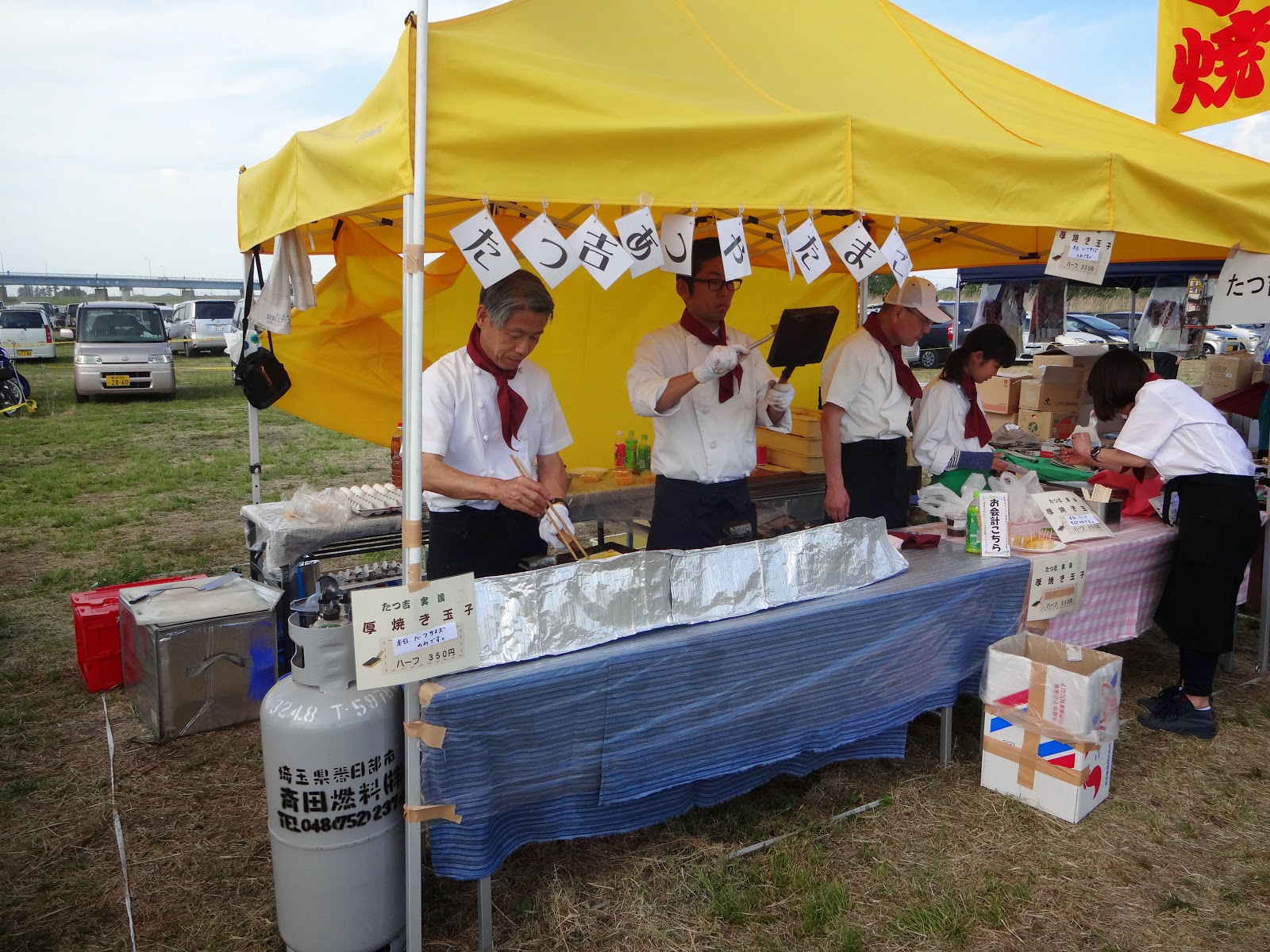 There is a new public bath/onsen that has been built about 5 minutes drive from our house. We visited it for the first time this week and it was fabulous. Beautiful tatami-mat corridors, pretty gardens and truly wonderful outside baths.
There is a new public bath/onsen that has been built about 5 minutes drive from our house. We visited it for the first time this week and it was fabulous. Beautiful tatami-mat corridors, pretty gardens and truly wonderful outside baths.  There are about 6 baths inside and many volcanic rockpools outside.
There are about 6 baths inside and many volcanic rockpools outside.
They have different temperatures and the water changes as well depending where they have drilled the well. Some are brown/cloudy with iron, others sulphurous, some crystal clear.
The hottest one is boiling hot, too much for me.
I can show you some photos of the gardens but obviously not inside the baths themelves.
It has two restaurants, good food, a hairdresser, massage and a shop selling local produce. Also quiet areas to sleep and others to read. You can even borrow any book that you get hooked by from their library. Such an incredibly civilised thing the Japanese public bath.
Tofu slad
Fresh tofu and bonito flakes with spring onions.
Cold udon noodles with dipping sauce.
Bamboo shoot tempura
You can spend all day there, it's open from 10 am until midnight every day of the year. Ther cost for a day is about $10.

An important notice at the entrance warns you that you can't come in if you have a tattoo, are eating a hamburger or are a baby.
But there was one great bonus, in fact it made my week. You may be puzzling over the title of this blog entry. It's a quote from the instructions I was handed on how to use an onsen for foreigners.
There are marvellous amounts of mangled English in Japan, but this was truly a gift from heaven. It had been wrtitten by translating the Japanese only using a dictionary and by someone who doesn't speak any English at all. Also, obviously, no one had ever checked it.
Tomono says I should tell them, but I believe that such treasures are best left undisturbed for future generations to enjoy. If you can work out what it means please let me know as I'm still scratching my head.

































